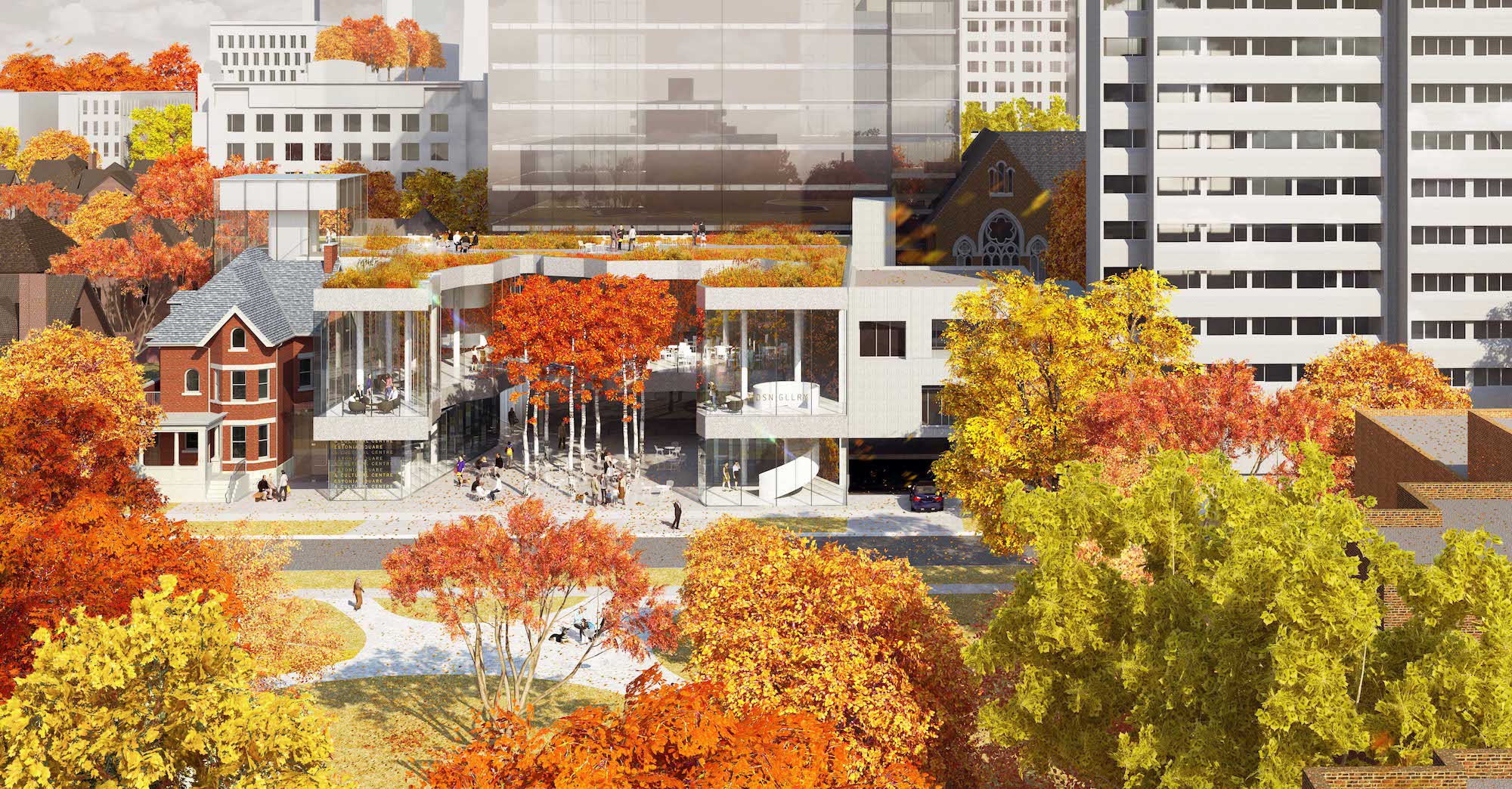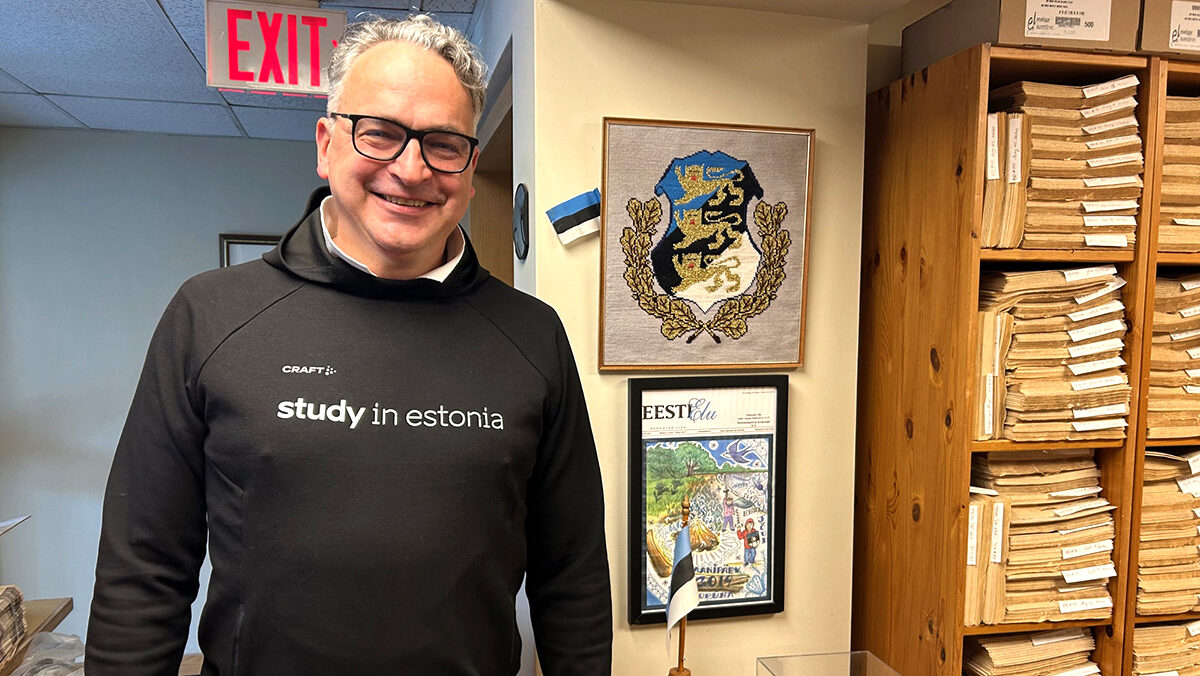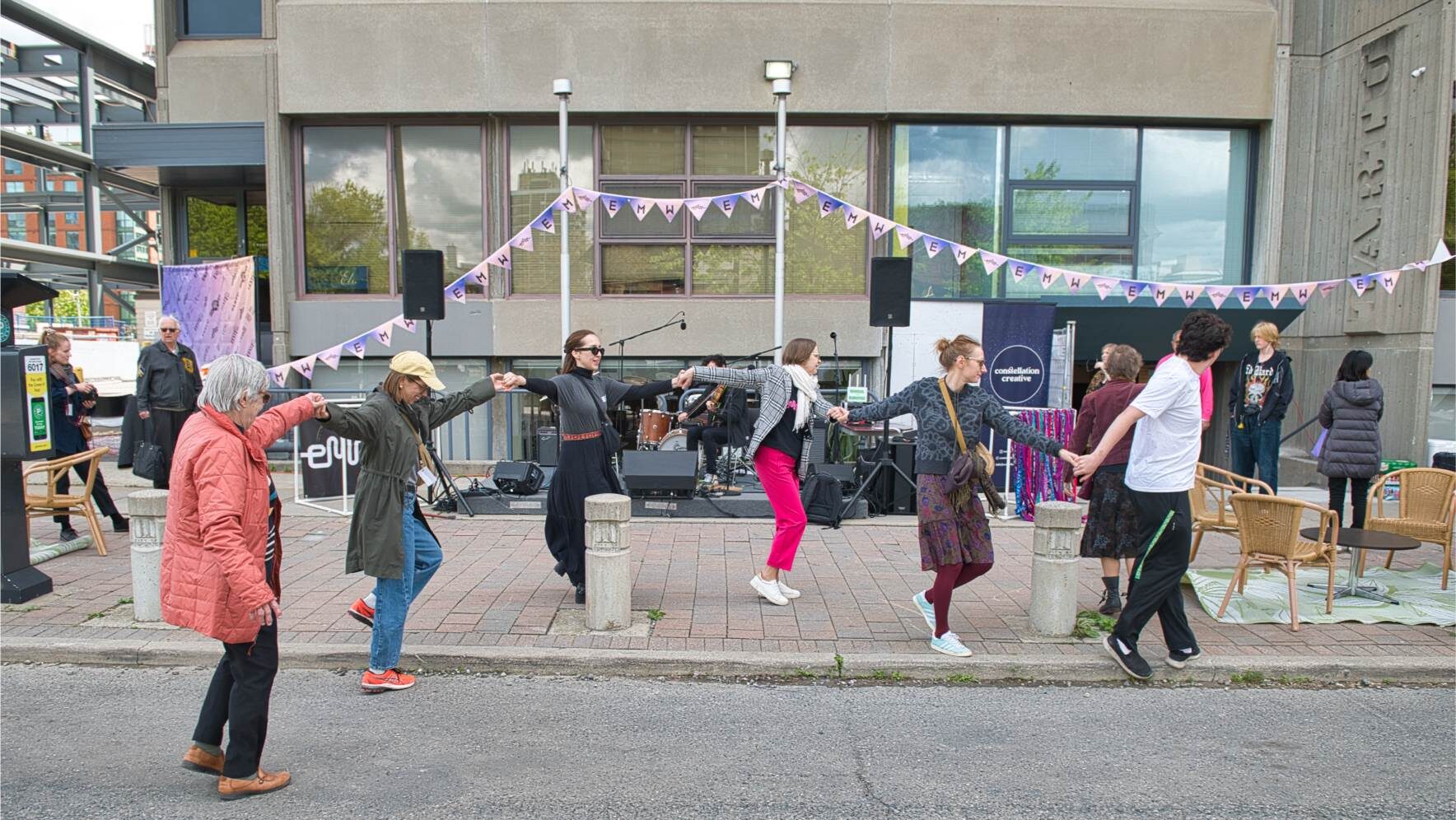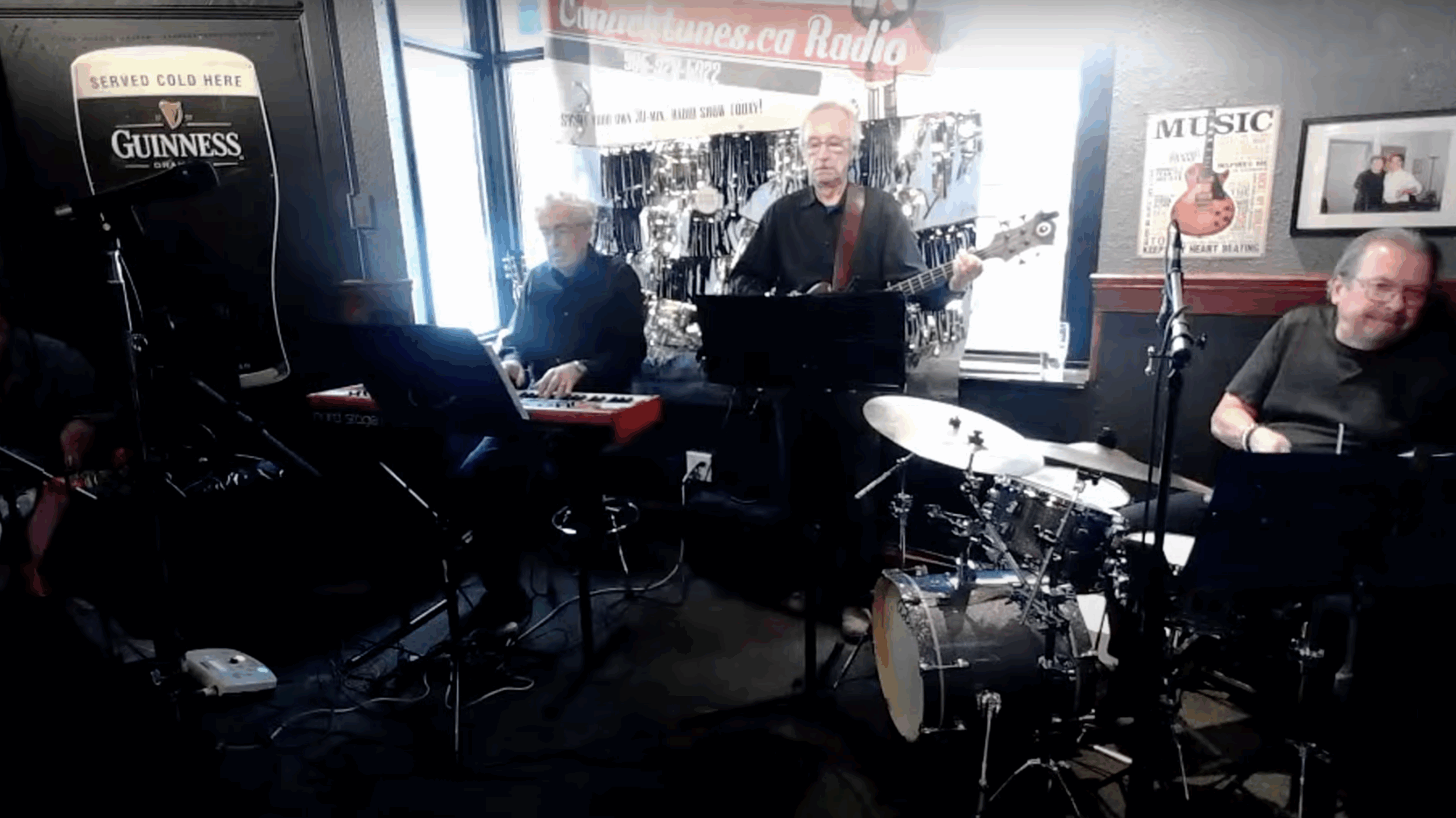“I am a big supporter of the new centre and am excited about what can be created there,” he said. “It can be a place to showcase Estonian cuisine, and the strong Nordic aesthetic that is developing in modern cooking techniques, to a broader audience.”
There is nowhere outside Estonia to experience an Estonian meal like today’s chefs are preparing there. The new Nordic cuisine is building on time-honored traditions, ingredients and flavours and taking them to a new and modern level of preparation.
A collaboration with Estonian chefs could take place with interesting events built around those kinds of exchanges. This has the potential to draw international interest, Paul says.
“We could create pop-up events to build engagement and an audience for the type of food that would be marketed,” Paul explained. “These events could support existing strong attractions such as the Estonian Documentary Film Festival and Estonian Music Week.”
“People are always looking for what is new and different. Toronto in particular is very tuned in to trying cuisine from different countries – there is a strong potential to build interest here.”
Priit Vesilind and Mati Otsmaa: Business and Cultural Opportunities
Other experts with Estonian roots have also been consulted about how an international focus could be developed.
Priit Vesilind, retired editor, writer, and head of the Expeditions and Adventure Department at National Geographic magazine, was invited into discussions around how this international focus could take place.
Priit, who lives in Manassas, Virginia, is well versed in Estonian history in North America and abroad. He has just finished writing the book Estonians in America on behalf of the Estonian American National Council.
He has written and photographically illustrated three books about political and cultural affairs in Estonia, including The Singing Revolution, which tells the story of Estonian history and resistance to Soviet occupation.
Priit says it makes imminent sense to build an international focus into the new centre.
“Toronto has a very strong community of Estonians and geographically it is ideally located between Estonia and Silicon Valley in the U.S.”
He said it is also an excellent cultural base, as illustrated by the well-known Estonian events that take place here. These types of events help bring international attention and interest to the centre.
Priit advises that a key to success for this strategy is to position the centre as a project that will contribute to a strong, free and independent Estonia.
“The new centre should speak not only to Estonian-Canadians, but also to other people of Estonian heritage in North America,” he said. “By establishing this goal as a key mission, the centre should serve as a source of pride and incentive to all, and give them a strong motive to participate in its success.”
Fostering business opportunities internationally by linking North American and Estonian entrepreneurs will help build and strengthen our economies and our talented people.
He is excited and optimistic about the existence of such a gathering place for all Estonians.
Mati Otsmaa works with Estonian start-ups and is well versed in how business opportunities come together.
Mati is a business facilitator based in based in the San Francisco Bay. His company Market Direct Inc. creates new value for Fortune 500 companies involved in big data and financial services.
He said the new centre can provide a host of exciting and unique opportunities for people and businesses to develop, creating what he calls “naturally-occurring synergies.” This type of energy helps ideas turn into action.
He also said that by providing space for meetings, seminars and other events will lead to valuable linkages and opportunities for collaboration. There are many ways this could potentially happen, he explained.
“For example, if a clothing manufacturer from Estonia is looking for support, they could link up with companies in New York and Toronto,” he said. “We can help makes those kinds of connections and introductions.”
He said it will be important to articulate the vision of the new centre and the proposed work that will be encouraged to develop there.
He also echoed how the centre’s location is ideal for this type of focus.
“Toronto is truly the cross-roads of the Estonian community outside Estonia,” he remarks.
Andy Prozes: Business Accelerator
A business accelerator will be created at the centre, an innovative idea that will be further developed by lead donor Andy Prozes, and his wife, Laura Heery Prozes.
Andy and Laura will be leasing approximately 1,000 square feet in the centre to provide meeting space for fostering business connections. It will be used as a high-tech incubator space to promote ties between start-up technology businesses in North America and Estonia. This will add to the international appeal of the centre. Toronto's tech scene is so hot the city created more tech jobs than the San Francisco Bay area, Seattle and Washington, D.C combined last year, according to an article on Bloomberg report in July.
For more information on the Estonian Centre Project, please go to www.estoniancentre.ca






